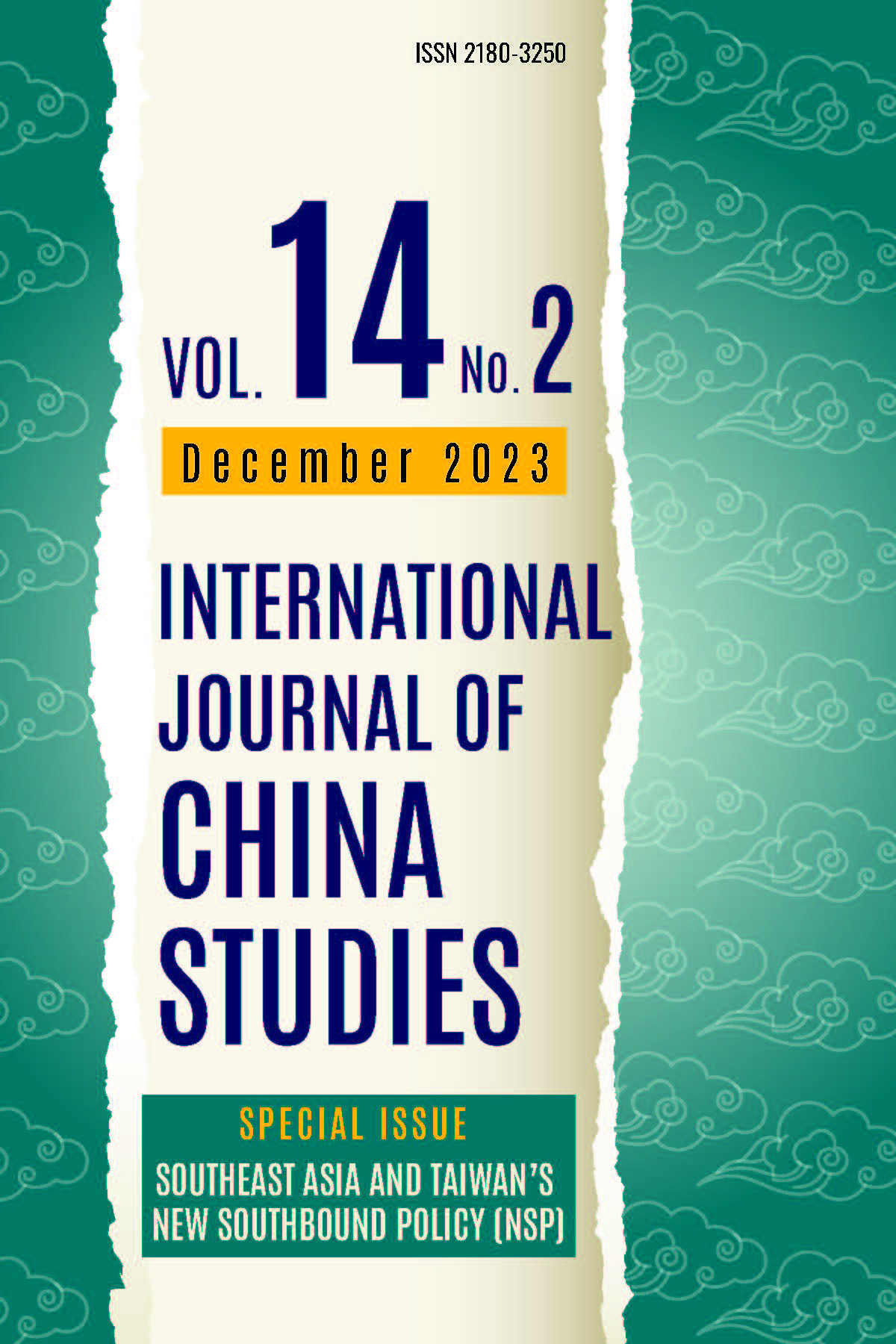Views and Perceptions of Indonesia among the Second-Generation of Taiwanese-Indonesians after the New Southbound Policy (NSP)
Abstract
Taiwan is a multicultural country. In addition to its diverse local communities, Taiwan is home to many migrants, including intermarriage migrants between Taiwanese men and Southeast Asian women. The intermarriage and second generation, which are children born from intermarriage families, created some social integration issues in Taiwanese society. This is because many Taiwanese have a prejudice against people from Southeast Asia, as most of them initially worked in Taiwan as migrant workers. The implementation of Taiwan’s New Southbound Policy (NSP) offers some opportunities for migrants to be noticeable. The second generation from this intermarriage also has the opportunity and privilege under the NSP policy. This research is based on a study of the views of the second generation of Taiwanese-Indonesian intermarriage families, particularly on their mothers’ culture after the implementation of NSP. This paper argues that the second generation, particularly from TaiwaneseIndonesian intermarriage families, experience a struggle to comprehend their identities within Taiwanese society and their perceptions of the implementation of NSP. The interview method was conducted to delve into the feelings of the Taiwanese-Indonesian second-generation children.

